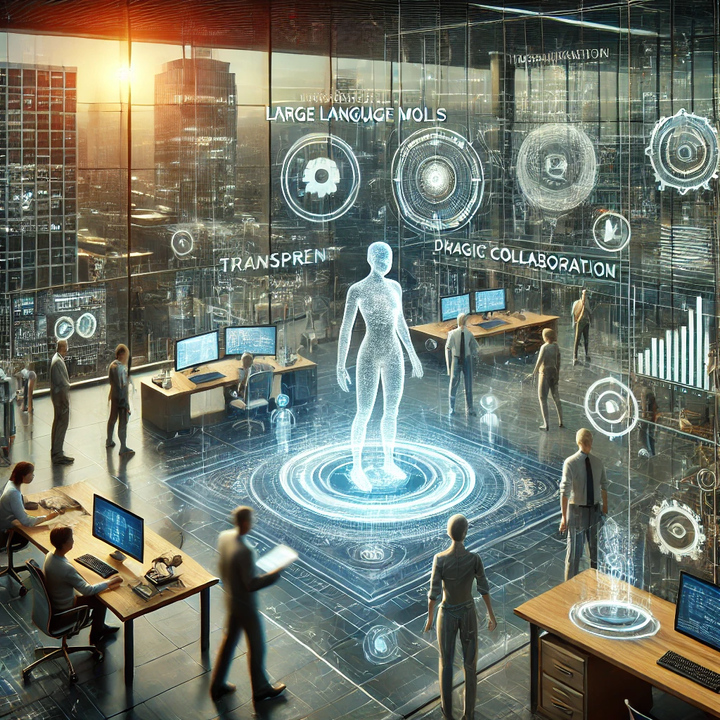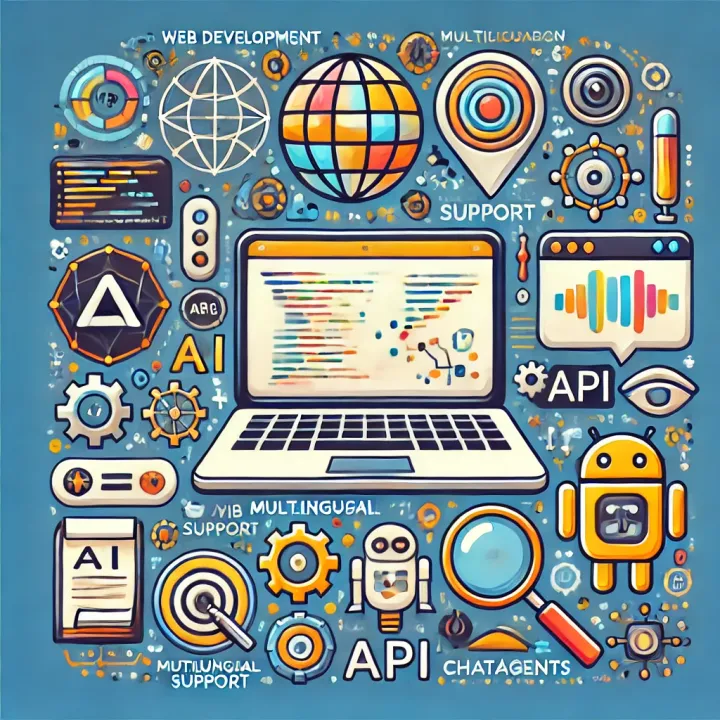Harari's Nexus: Information, Networks, and the AI Revolution

Yuval Noah Harari's Nexus offers a compelling new lens for understanding human history and our current predicament: the analysis of information networks. Harari argues that understanding how information connects people and things, rather than focusing solely on technological advancements, is key. He emphasizes that information's power lies not just in representing reality but in creating connections – even false information can forge powerful social, political, and cultural formations. Crucially, we are now entering an era where non-human agents, like AI, are becoming integral parts of these networks.
Key Concepts from Nexus
- Information as Connection: Harari challenges the notion that information simply represents truth. Its primary function is to create connections and build networks. Shared myths, stories, and even falsehoods can bind groups together, demonstrating that information "puts things into formation," regardless of its veracity. This shifts the focus from the simplistic idea that more information automatically equates to truth and better decisions.
- Two Flawed Views of Information: Harari identifies two problematic perspectives on information: the naive view, which assumes more information leads to truth and wisdom, and the populist view, which sees all information as a weapon in a power struggle and dismisses objective truth. Harari suggests both perspectives are flawed.
- Human Networks: Mythology and Bureaucracy: Large-scale human cooperation relies on both inspiring stories (mythology) and structured administration (bureaucracy). These two forces often exist in tension, with stories creating shared identities and bureaucratic processes establishing social order.
- The Importance of Self-Correction: All information networks are susceptible to errors and biases. Harari argues that the ability to self-correct is more crucial than avoiding errors altogether. Mechanisms for self-correction include independent institutions (like courts and scientific bodies), freedom of speech, transparency, and a humble acknowledgment of our limitations. These mechanisms allow us to challenge established beliefs, bringing us closer to the truth.
- Democracy vs. Totalitarianism as Information Systems: Harari frames political systems as information networks. Democracies are distributed networks with multiple information channels, emphasizing free discourse and robust self-correction. Totalitarian regimes, conversely, are centralized networks where information flows to and is controlled by a single, supposedly infallible power center, stifling criticism and dissent.
- The Rise of the Inorganic Network (AI): The emergence of AI marks a new era where computers become key players in information networks. AI's capabilities far surpass human abilities, potentially transforming societies and economies. This necessitates moving beyond anthropocentric views of intelligence and understanding AI as a distinct entity with its own forms of rationality and agency.
- The Perils of AI: Harari highlights several potential dangers of AI: its goal-driven nature without regard for human values, its potential use to bolster authoritarian regimes, its capacity to spread new forms of misinformation and manipulate emotions, and the possibility of it becoming a self-sufficient, inscrutable power that could enslave or destroy humanity.
- The Need for Balance and New Institutions: Navigating this new landscape requires new approaches to balancing freedom and authority, connection and autonomy, and the pursuit of truth and social stability. We must be aware of manipulation by both human organizations and non-human intelligence, invest in self-correcting mechanisms, and reject technological determinism.
Harari's Perspective on AI:
Harari doesn't see AI as inherently good or evil but emphasizes caution. He acknowledges the possibility of AI escaping human control, posing the challenge not of how to use AI but how to prevent it from using us. He stresses that AI, despite its power, is not infallible and requires human oversight. We need new ethical and political models to address the challenges AI presents, drawing on our historical understanding of information networks and past technological revolutions.
Harari's Definition of "Error":
For Harari, "error" extends beyond factual inaccuracy. It encompasses anything that undermines a network's ability to connect people constructively or uses information in ways with unforeseen consequences. He prioritizes the function of information within the network and its capacity for self-correction over mere accuracy.
Conclusion:
Nexus presents a complex and cautionary vision of the future, acknowledging AI's potential and risks. Harari emphasizes human agency and the need for informed choices. His focus is less on predicting the future than on equipping us with the ethical and intellectual tools to navigate it responsibly.
Disclaimer:
This summary was generated using a multi-stage process involving AI assistance. The process included:
- Uploading a PDF of relevant material to Google AI Studio and generating an initial summary using Gemini 2.0 Flash (experimental).
- Asking follow-up questions within the AI environment to explore key points in greater depth.
- Synthesizing all AI-generated discussions into a comprehensive summary.
- Polishing the summarized discussions using the Gemini app with Gemini 2.0 Flash (experimental).
- Cross-referencing and verifying information using Google Search.



Comments ()